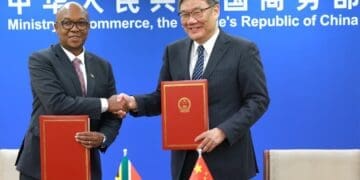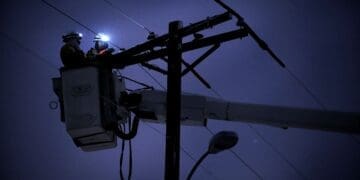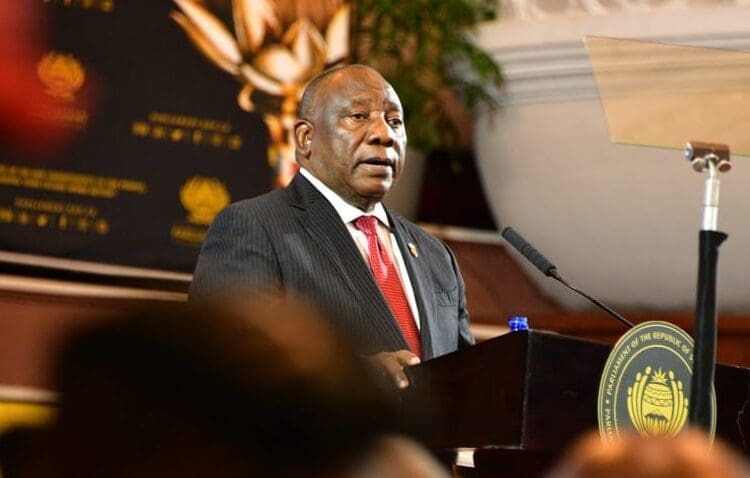By: Moipone Malefane
It has been a positive week for small businesses and entrepreneurs, with President Cyril Ramaphosa passing a number of Bills that will bolster the country’s support for SMMEs to varying degrees. The National Small Enterprise Amendment Act will have the biggest impact on SMMEs and cooperatives, as it sees the establishment of the Small Enterprise Development Finance Agency. Other legislation that will impact the sector, and business at large, is the Public Procurement Act and the Climate Change Act.
The Bills had been sitting on the president’s desk since the previous administration. Their signing into law follows Ramaphosa’s opening of Parliament last week. The president indicated in his address that the new government of national unity will dedicate the next five years to action that advances inclusive growth and job creation, reduces poverty and tackles the high cost of living, and builds a capable, ethical, and developmental state.
The small business sector featured noticeably more in the president’s speech than in his State of the Nation Address in February, which he largely used to reflect on the last 30 years since the country became a democracy, led by the ANC. It makes sense that the small business sector and its challenges were highlighted in Ramaphosa’s latest address. It is nothing new that this sector is essential to help build the economy and create jobs.
According to the Endeavour jobs calculator, South Africa needs over 49,000 scalable SMEs, growing at a rate of 20% per annum, to create 11 million jobs by 2030 to meet the National Development Plan target. In comparison, the country will need no less than 8.2 million small and micro-enterprises to create the same number of jobs. The new Small Enterprise Development Finance Agency is meant to function as a one-stop-shop for aspiring entrepreneurs and promote the development of Co-operative Banking Institutions.
It incorporates the Small Enterprise Development Finance Agency (Sefa), the Small Enterprise Development Agency (Seda), and the Cooperative Banks Development Agency. It integrates the financial support currently provided by Sefa with the non-financial support offered by Seda with the aim of providing efficient business advice, investment, and incubator support.
The Act also establishes the Office of the Small Enterprise Ombud Service which may, as part of dealing with complaints, recommend that the Small Business Development Minister declare certain practices in relation to small enterprises to be prohibited unfair trading. The Public Procurement Act is meant to address the weaknesses in the procurement of goods and services by organs of state, which in the past have enabled various degrees of corruption, including state capture, according to The Presidency.
But it is also aimed at establishing a single framework that regulates public procurement, including preferential procurement, by all organs of state and promotes the use of technology for efficiency and effectiveness. This means that the government’s targets for procuring goods and services from designated groups – 40% from women, 30% of youth, and 7% from persons with disabilities – is more likely to become a reality across the state, as well as supporting local businesses. Many enterprises run by these designated groups fall under the SME sector.
We will see the slowest impact on small businesses through the Climate Change Act. In an interview with Vutivi News last month, Trade & Industrial Policy Strategies (Tips) sustainable developmental economist Dr Michael Hector raised doubts that the legislation would see any quick wins for SMEs in the short term. This is because it takes time to implement laws and see results, and transitioning to a green economy is a long-term endeavour.
However, the Act will open new opportunities for SMMEs, especially local green entrepreneurs. On paper, the state has levelled up its support of smaller businesses. We will now wait and see how the new government of national unity works together to implement these new laws.
































































